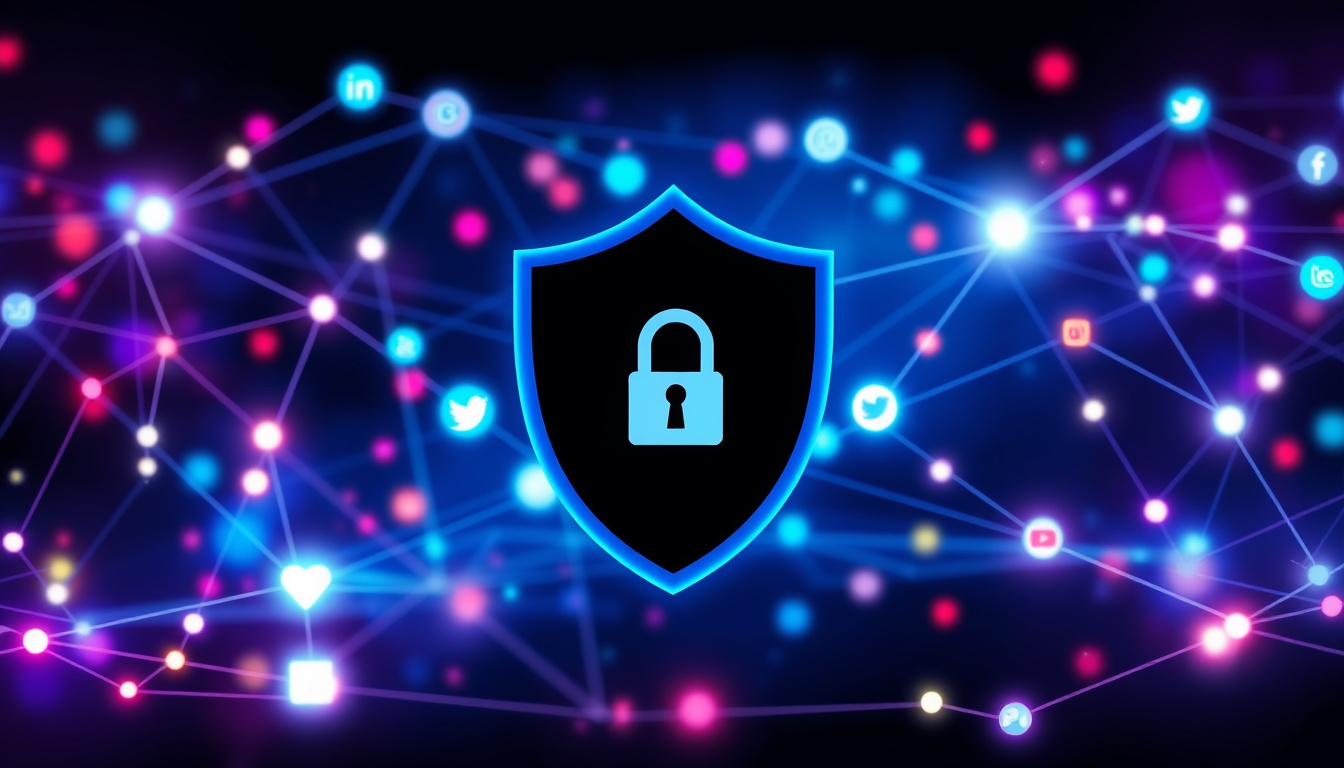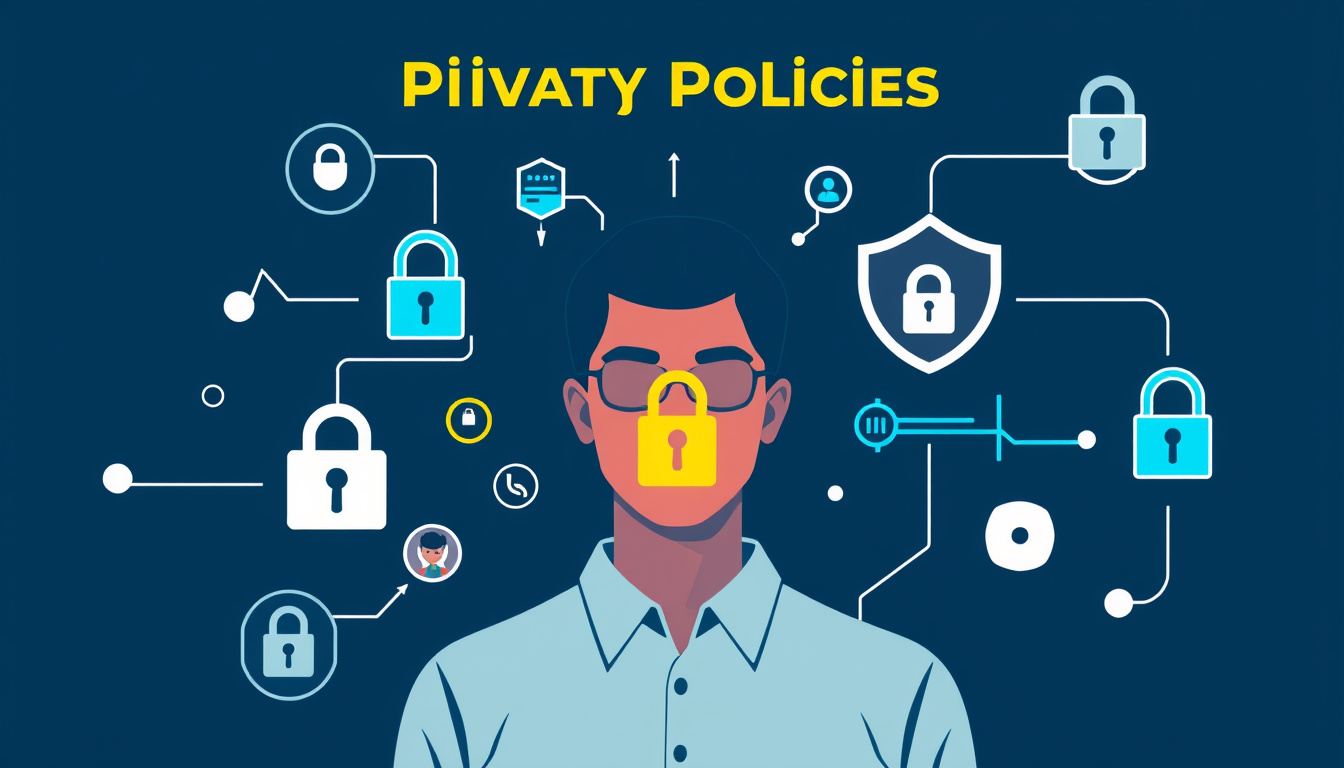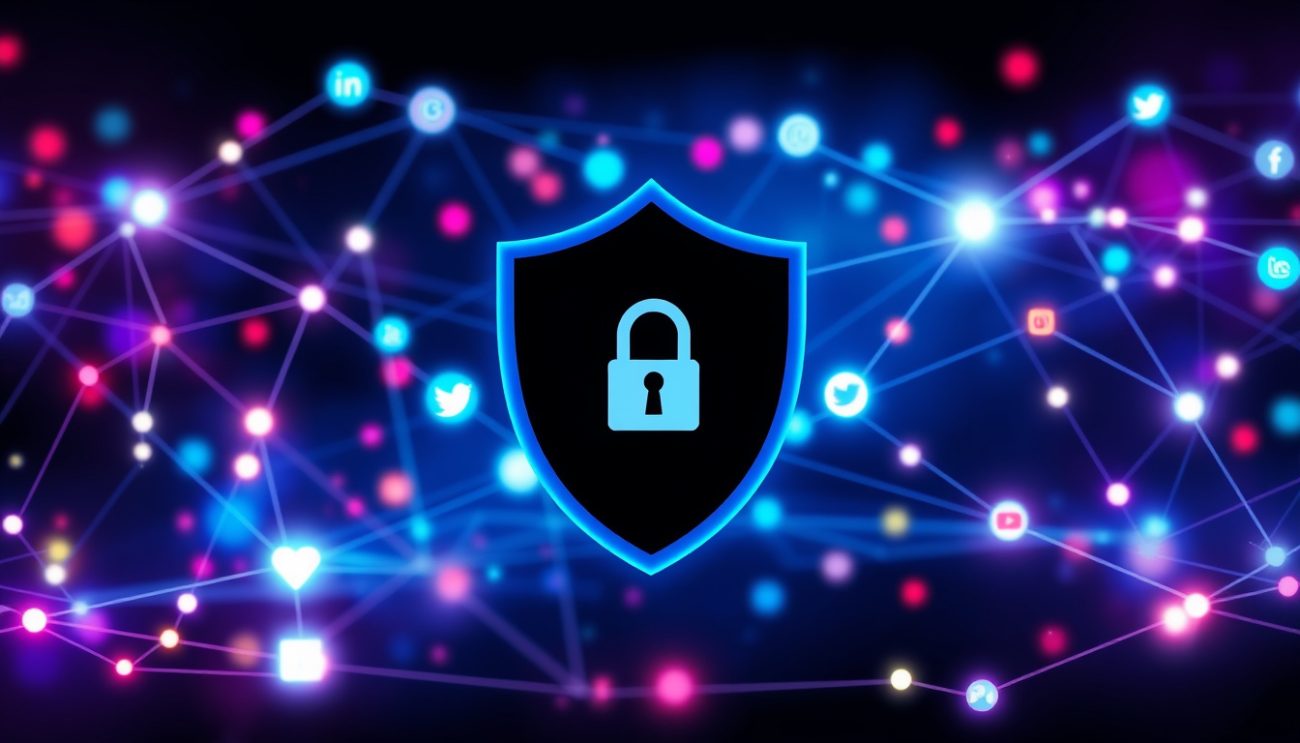In today’s digital age, social media has become an integral part of our lives, allowing us to connect, share, and communicate. However, with this convenience comes significant risks to our privacy. Understanding how to protect your privacy on social media is crucial for safeguarding your personal information from prying eyes. This article will explore essential strategies to enhance your social media privacy, including how to create strong privacy settings, the importance of being mindful of what you share, using specialized tools for enhanced security, and staying informed about the ever-evolving privacy policies of social media platforms. By implementing these tips, you can enjoy the benefits of social media while keeping your personal information safe.

Key Takeaways
- Social media platforms pose various privacy risks that users need to understand.
- Setting strong privacy settings is crucial to safeguard personal information.
- Be mindful of the details you share publicly to limit exposure.
- Utilize privacy-enhancing tools and features available on social media to bolster security.
- Stay informed about changes in privacy policies to adapt and protect your data effectively.
Understanding the Risks of Social Media Privacy
In today’s digital age, social media is an integral part of our daily lives, offering opportunities for connection, communication, and information sharing. However, this interconnectedness also brings with it several risks concerning privacy. Understanding these risks is essential for anyone looking to maintain their personal boundaries online. Social media platforms often collect vast amounts of data from users, which can lead to potential misuse. Cyberbullying, identity theft, and data breaches are just a few examples of the dangers lurking in the digital landscape. To mitigate these risks, it is crucial to know how to protect your privacy on social media. This involves setting your account to private, being selective about friend requests, and regularly reviewing privacy settings. Additionally, educate yourself on the types of information you are sharing and be mindful of the implications of that sharing. With these proactive measures, you can enjoy the benefits of social media while safeguarding your personal information.
Creating Strong Privacy Settings
In today’s digital age, understanding how to protect your privacy on social media is crucial for safeguarding your personal information. Social media platforms often gather vast amounts of data about their users, which can be shared or sold to third parties if privacy settings are not properly configured. To create strong privacy settings, start by reviewing the default settings upon joining a platform; they can often be quite permissive. Limit the visibility of your posts to ‘Friends’ or a custom audience rather than public, and be mindful of the information you share in your profile. Regularly audit your friend list and remove any connections that may pose a risk to your privacy. Additionally, turn off location tagging features when posting, as this can reveal your physical whereabouts to strangers. By implementing these strategies, you not only enhance your privacy but also take control of your digital footprint.
‘Privacy is not something that I’m merely entitled to, it’s an absolute prerequisite.’ – Marcia Angell

Being Mindful of What You Share
In today’s digital age, learning how to protect your privacy on social media is more crucial than ever. With the drop of a post, the click of a button, or a simple shared photo, you can inadvertently expose personal information to a vast audience. To safeguard your privacy, start by reviewing your profile settings and ensuring you’re only sharing content with trusted friends and family. Be mindful of the information you share in your bio, posts, and comments, as even seemingly harmless details can be pieced together to create a portrait of your life that you may not wish to disclose. Regularly audit your friend list and remove any connections that no longer serve a purpose in your online life. Furthermore, take advantage of privacy tools offered by platforms, such as disabling location tagging and limiting who can comment on your posts. By practicing caution and being selective about your online interactions, you can effectively enhance your privacy and enjoy a safer social media experience.
Utilizing Tools for Enhanced Privacy
In today’s digital age, understanding how to protect your privacy on social media is more crucial than ever. With countless tools available, you can enhance your online security and manage your personal information more effectively. First and foremost, consider using privacy-focused web browsers and browser extensions that block trackers and advertisements. Tools like VPNs (Virtual Private Networks) can provide an additional layer of security by encrypting your internet connection. Moreover, make use of platform-specific privacy settings to limit who can see your posts and personal information. Regularly reviewing and adjusting these settings will help you maintain tighter control over your data. Additionally, social media management tools can assist in monitoring what personal information is shared across different platforms, empowering you to take proactive steps in safeguarding your digital footprint. By utilizing these tools, you can significantly boost your privacy and protect yourself from unwanted exposure on social media.

Staying Informed on Privacy Policies and Changes
In an ever-evolving digital landscape, staying informed on privacy policies and changes is crucial for anyone looking to learn how to protect your privacy on social media. With platforms continuously updating their terms of service and data handling practices, it’s essential to regularly review these documents. Understanding what data is collected, how it’s used, and who it’s shared with can empower you to make informed decisions about your online presence. Additionally, turning on privacy settings and customization options can significantly enhance your security. Being proactive about your digital footprint not only safeguards your personal information but also promotes a more conscious use of social media.
Frequently Asked Questions
What are the main risks to my privacy on social media?
The main risks include identity theft, data breaches, and unwanted surveillance. Personal information shared online can be tracked and misused by cybercriminals, and even social media companies themselves may have access to your data.
How can I create strong privacy settings on my social media accounts?
Most social media platforms allow you to customize your privacy settings. You can control who can see your posts, who can send you friend requests, and whether your profile is visible to the public or search engines. Regularly review these settings to ensure they reflect your preferences.
What types of information should I avoid sharing on social media?
Avoid sharing sensitive information such as your home address, phone number, financial details, and personal identification numbers. Also, be cautious about sharing your location or travel plans that could make you vulnerable to burglary or stalking.
What tools can I use to enhance my privacy on social media?
You can use privacy-focused browser extensions, virtual private networks (VPNs), and security apps to help protect your online activity. Additionally, consider using temporary or encrypted messaging apps for more secure communication.
How can I stay informed about privacy policies and changes on social media?
Follow trusted tech news websites and the official blogs of social media platforms. Subscribe to updates or newsletters from privacy advocacy groups to keep track of changes in policies and to learn best practices for protecting your privacy online.
